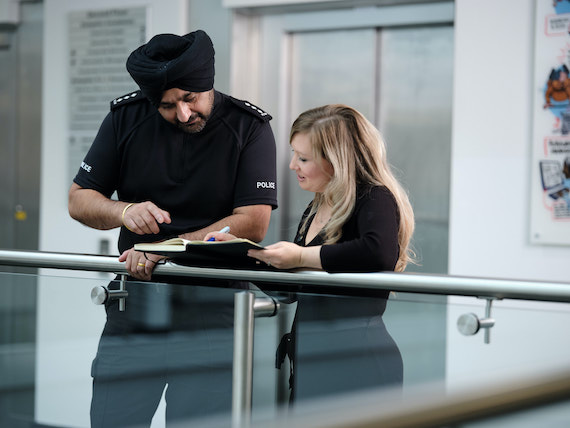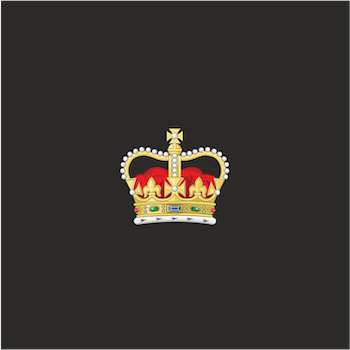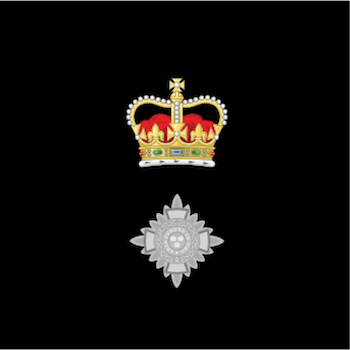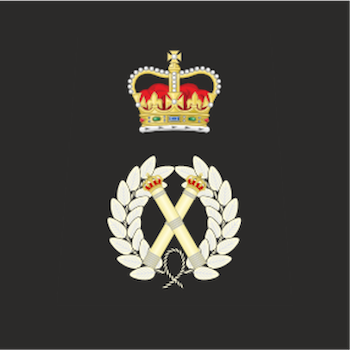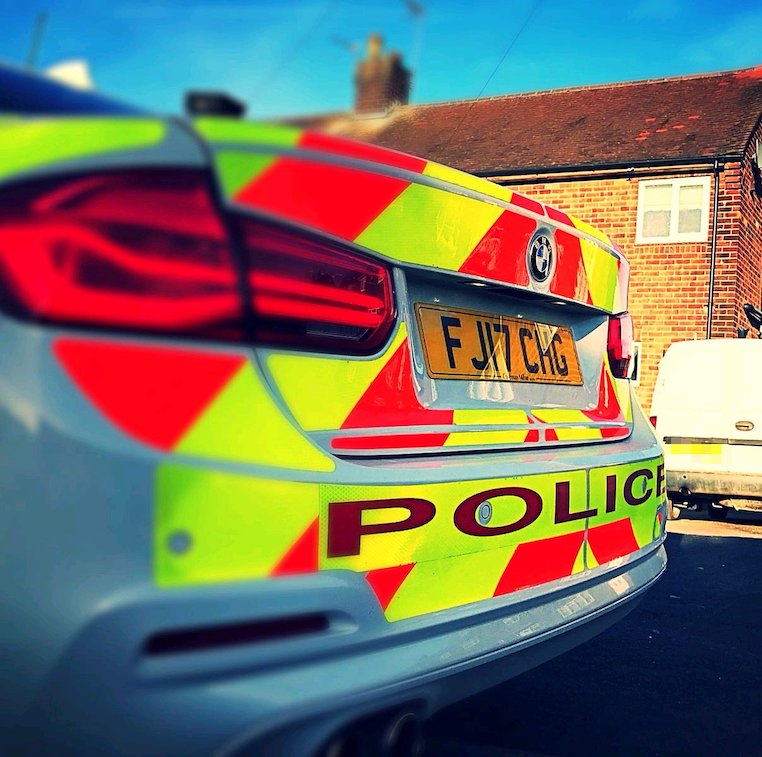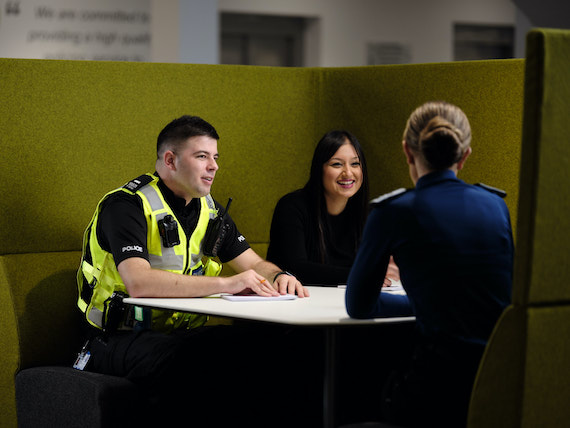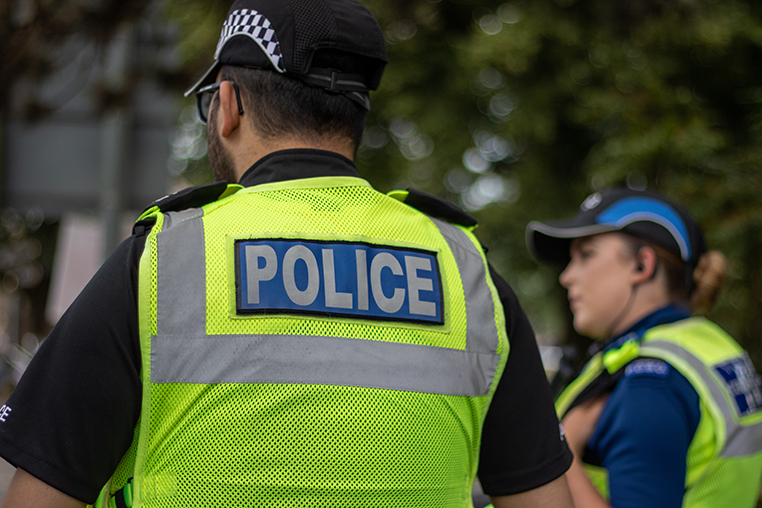
What you could be doing | Detective Constable Programme
Investigate the most serious crimes as a qualified detective
Detective Constable Programme
As a detective there is no room for assumptions. Being diligent and collecting evidence based on facts are all part of each line of enquiry you’ll follow. You’ll work on some of society’s most challenging issues including child exploitation, sexual assault and murder. You’ll be driven by your personal mission of working to protect the victims of crime from future harm. You’ll learn about humans, how they behave, and how they shape the fabric of society.
It's a unique role with unique demands that are ever-changing. You need to be adaptable to change and ready to think on your feet. At the same time, it's a role that can give you some of the best and proudest days of your life. From protecting the vulnerable and saving lives, it's exciting, diverse and vitally important.
In return, you will have the benefit of working for a creative, forward-thinking force that is dedicated to keeping Derbyshire a safe place to live, work and visit.
We welcome applications from individuals from all backgrounds and encourage anyone who has considered a career in policing to apply. We are particularly keen to increase the number of women officers and officers from black and minority ethnic communities and candidates from the LGBT community, so that we can truly reflect the communities that we serve in Derbyshire.
As a new detective, you’ll receive an expected salary of £28,551. After seven years your expected salary will be £46,044.
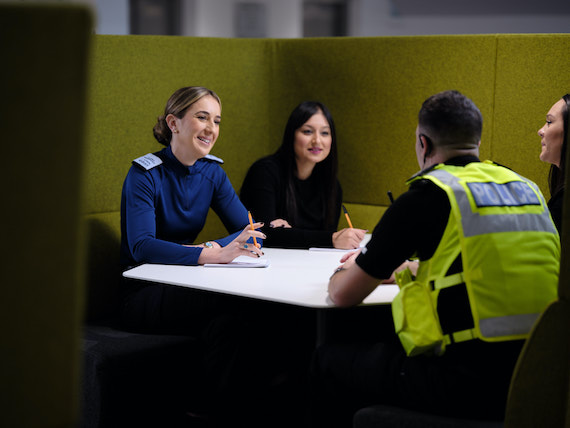
What do you need?
All applicants must be a UK Citizen, EU Citizen with EU Settled or Pre-settled Status, a Commonwealth Citizen or Foreign National with no restrictions on your stay in the United Kingdom. Whether or not you were born in the United Kingdom, you should have lived here for the three years immediately preceding your application.
You can apply if you:
- Hold 2 A levels or a level 3 that is equivalent qualification in any subject or are in your last year of study
- Or are a current serving PCSO, who has completed your professional development plan, passed your probationary period and served 12 months in post and you are up to date with all mandatory training at the time of submitting your application.
- Or are a current serving Special Constable who has attained independent patrol status at the time of application, who is consistently completing sixteen hours per month and is up to date with all mandatory training
- Or are a current serving NIO, who has attained a PIP1 qualification, passed your probationary period and served 12 months in post and you are up to date with all mandatory training at the time of submitting your application.
* Please note – it is your responsibility to ensure you meet these requirements at the time of submitting your application. These will not be checked until pre-employment checks.
You must also be 17 years old and over on the date of submitting your application and 18 years old on appointment.
To join via this scheme, you need a level 3 qualification or two A levels (or be awarded at the start of pre-employment checks)
Accepted qualifications:
- 2 x A Levels (Grade A-E)
- Access to Higher Education Diploma
- Advanced Apprenticeship
- Level 3 NVQ
- International Baccalaureate (IB)
- BTEC National Diploma/National Certificate
- A2 alongside AS/A Levels to meet criteria
- Foundation Diploma
- Music Grade 6-8
- English for Speakers of Other Languages (ESOL)
- City & Guilds Level 3
- CACHE, OCR, Edexecel/ Pearson2
- CIPD Level 3
- QCF Certificate at Level 3
- Level 3 SVQ
- BTEC Level 3 Extended Diploma/National Diploma
- IGCSE with any English and/or Maths in the title
- EAL Level 3 Diploma
You must hold a full UK/EU valid manual driving licence at offer stage which is typically 6 weeks prior to the cohort start date.
You’ll need to pass a Job-Related Fitness Test (JRFT9) to check your fitness levels. This test determines whether you’re fit for the job and ready for Officer Safety Training, where you’ll learn to protect yourself and others. You’ll also be asked to take a running test (known as a multi-stage shuttle run or bleep test) to level 5:4.
You’ll need to undergo a medical assessment to make sure you’re healthy enough for the intense training. Your application will be rejected if you fail to meet the minimum acceptable medical standard for entry. Our Occupational Health Team will generally carry out the assessment. They’ll check:
Body Mass Index (BMI)
Eyesight
Colour vision
Lung function
Hearing
You’ll also be asked to complete a confidential medical history questionnaire. Depending on your medical history, we may have to contact your GP/specialist for further information. Once you have been declared medically fit, we’ll progress your application to the next stage.
You can check your Body Mass Index at www.nhs.uk or find out more about healthy eating at www.nhs.uk/change4life
You must declare any previous spent and unspent convictions and have a basic background check to get Security Check level clearance. Applicants with cautions, convictions or reprimands, other than some motoring offences, may not be accepted.
What you could experience as a detective constable
Life as a detective constable is hugely varied. From volume and priority investigations, through to serious crimes. No two days are the same. We asked an experienced detective constable what they could experience in a typical day.

